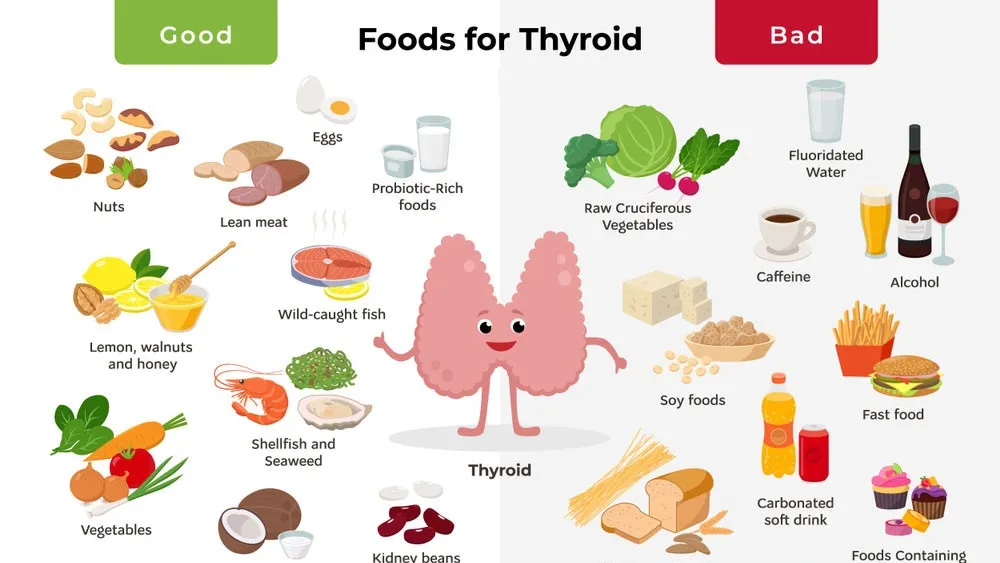
Diabetes is a chronic condition characterized by elevated blood sugar levels, either due to inadequate insulin production or ineffective insulin utilization. Managing diabetes requires careful attention to diet, with particular consideration given to foods that may affect blood sugar levels. Dairy products, which are rich in essential nutrients like calcium and vitamin D, are a staple in many diets. However, individuals with diabetes may wonder whether dairy consumption is safe and how it may impact their condition.
Introduction
Dairy products, including milk, yogurt, and cheese, are valued for their nutritional content and versatility in cooking. However, for people with diabetes, concerns may arise regarding the potential effects of dairy on blood sugar control. In this article, we’ll explore the relationship between dairy consumption and diabetes management, addressing common questions and providing evidence-based insights to help individuals make informed dietary choices.
Understanding Diabetes and Dairy
Diabetes is a metabolic disorder characterized by impaired insulin function, leading to elevated blood sugar levels. For individuals with diabetes, managing carbohydrate intake is crucial for maintaining stable blood sugar levels. While dairy products contain carbohydrates, they also provide essential nutrients like protein, calcium, and vitamin D, making them a valuable component of a balanced diet.
Impact of Dairy on Blood Sugar Levels
The effect of dairy consumption on blood sugar levels can vary depending on factors such as the type of dairy product consumed, its carbohydrate content, and individual tolerance. Some dairy products, particularly those high in carbohydrates, may cause a more significant increase in blood sugar levels compared to others. However, dairy products also contain protein and fat, which can help slow the absorption of carbohydrates and mitigate their impact on blood sugar.
Nutritional Content of Dairy Products
Dairy products are rich in essential nutrients that are beneficial for overall health. Calcium, found in abundance in dairy products, plays a vital role in bone health and muscle function. Vitamin D, another nutrient commonly found in dairy, is essential for calcium absorption and immune function. Additionally, dairy products provide high-quality protein, which is important for muscle repair and maintenance.
Types of Dairy Products
There is a wide variety of dairy products available, ranging from milk and yogurt to cheese and butter. While all dairy products contain a combination of carbohydrates, protein, and fat, their composition can vary significantly. For example, milk and yogurt tend to be higher in carbohydrates, while cheese and butter are higher in fat and lower in carbohydrates. Understanding the nutritional profile of different dairy products can help individuals with diabetes make informed choices.
Effects of Dairy Fat on Diabetes
One aspect of dairy that has received considerable attention in recent years is its fat content. While dairy fat was once vilified for its potential impact on heart health, emerging research suggests that moderate consumption of full-fat dairy may have neutral or even beneficial effects on cardiovascular risk factors. For individuals with diabetes, choosing full-fat dairy products in moderation may help improve satiety and stabilize blood sugar levels.
Low-Fat vs. Full-Fat Dairy
The debate between low-fat and full-fat dairy products continues to spark discussion among health professionals and consumers alike. While low-fat dairy products are often recommended for their lower calorie and fat content, some research suggests that full-fat dairy products may offer unique health benefits, including improved metabolic health and reduced risk of type 2 diabetes. However, individual preferences and dietary goals should be considered when choosing between low-fat and full-fat dairy options.
Probiotics in Dairy and Diabetes
Probiotics, beneficial bacteria found in certain dairy products like yogurt, have been studied for their potential role in diabetes management. Some research suggests that probiotics may improve insulin sensitivity, reduce inflammation, and modulate gut microbiota composition, all of which are relevant to diabetes management. Including probiotic-rich dairy products as part of a balanced diet may offer additional health benefits for individuals with diabetes.
Individual Variability in Dairy Tolerance
It’s important to recognize that individual responses to dairy consumption can vary widely. While some individuals with diabetes may tolerate dairy well and experience no adverse effects on blood sugar levels, others may find that certain dairy products cause undesirable spikes in blood sugar. Monitoring blood sugar levels and paying attention to how different dairy products affect individual health outcomes can help guide dietary choices.
Tips for Incorporating Dairy into Diet
For individuals with diabetes who choose to include dairy in their diet, there are several strategies to optimize its impact on blood sugar levels and overall health. Choosing low-fat or fat-free dairy options, monitoring portion sizes, and pairing dairy with other nutrient-dense foods can help minimize the impact of dairy on blood sugar while maximizing its nutritional benefits.
Alternatives to Dairy
For individuals with diabetes who prefer to avoid dairy or have lactose intolerance, there are plenty of non-dairy alternatives available. Plant-based milk alternatives like almond milk, soy milk, and oat milk offer similar nutritional profiles to dairy milk without the lactose or saturated fat. Additionally, non-dairy yogurts and cheeses made from soy, coconut, or nuts provide tasty alternatives for those looking to reduce their dairy intake.
Research and Guidelines
Current research on the relationship between dairy consumption and diabetes management is ongoing, with findings often subject to interpretation and debate. While some studies suggest potential benefits of dairy consumption for diabetes prevention and management, others highlight potential concerns regarding its impact on insulin sensitivity and cardiovascular health. As such, dietary guidelines for individuals with diabetes emphasize the importance of individualized dietary recommendations based on health status, preferences, and cultural factors.
Personalized Approach to Dairy
In conclusion, dairy consumption can be safe and beneficial for many individuals with diabetes when incorporated as part of a balanced diet. However, it’s essential to consider individual health goals, preferences, and tolerance when making dietary choices. Consulting with a registered dietitian or healthcare provider can provide personalized guidance and support for navigating the complexities of dietary management in diabetes.
Conclusion
In summary, dairy consumption can be compatible with a healthy diet for individuals with diabetes, provided it is consumed in moderation and as part of a well-balanced meal plan. Understanding the nutritional content of different dairy products, monitoring blood sugar levels, and making informed choices based on individual preferences and health goals are key components of successful diabetes management.
FAQs:
-
Can people with diabetes drink milk?
– Milk can be included in moderation as part of a balanced diet for individuals with diabetes. Choosing low-fat or fat-free milk options and monitoring portion sizes can help manage blood sugar levels.
-
Are yogurt and cheese safe for people with diabetes?
– Yogurt and cheese can be part of a healthy diet for individuals with diabetes. Opting for plain, unsweetened yogurt and low-fat or reduced-fat cheese can help minimize the impact on blood sugar levels.
-
Should people with diabetes avoid dairy altogether?
– While some individuals with diabetes may choose to avoid dairy due to lactose intolerance or personal preferences, dairy can be included in moderation as part of a balanced diet for those who tolerate it well.
-
What are some dairy alternatives for people with diabetes?
– Non-dairy alternatives like almond milk, soy milk, and oat milk provide nutritious options for individuals with diabetes who prefer to avoid dairy or have lactose intolerance.
-
How can I determine if dairy affects my blood sugar levels?
– Monitoring blood sugar levels before and after consuming dairy products can help individuals with diabetes assess their impact on blood sugar control. Keeping a food diary and noting any changes in blood sugar levels can provide valuable insights for making dietary adjustments.





